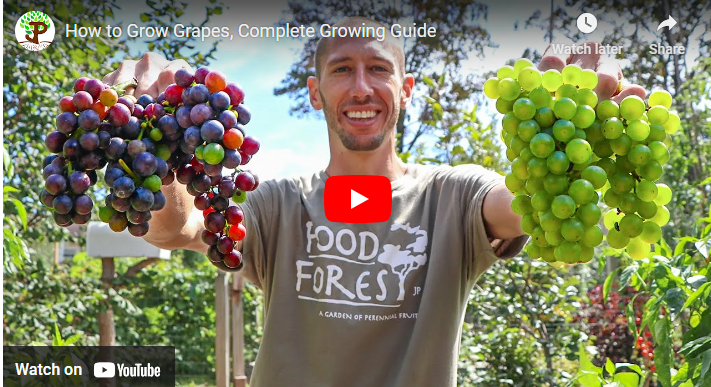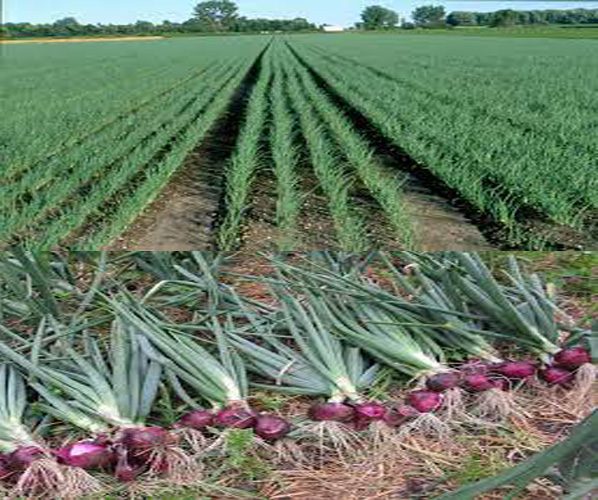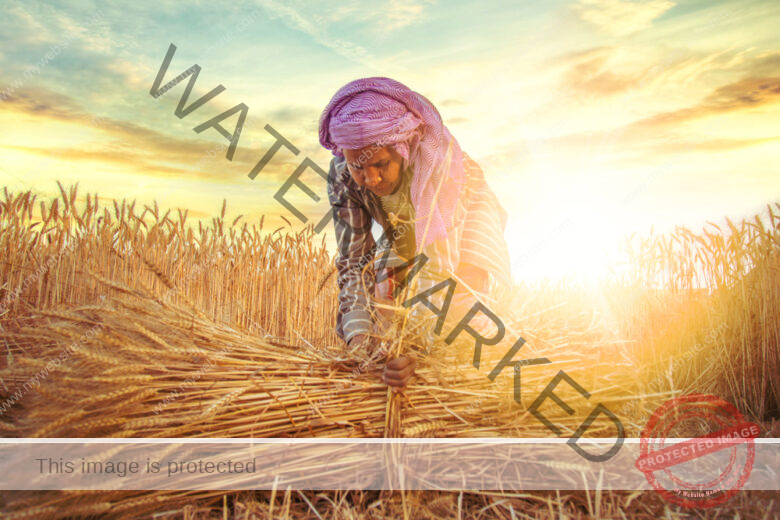Singapore, known for its tropical climate and lush greenery, may not be the first place that comes to mind when you think of grape growing. However, with the right knowledge and techniques, it is indeed possible to cultivate delicious grapes in this vibrant city-state.
In this step-by-step guide, we will explore the essentials of growing grapes in Singapore, from understanding the climate and soil conditions to choosing the right grape varieties, and provide you with practical tips for successful cultivation.
How to Grow Grapes in Singapore: Step-by-Step Guide
Climate Considerations
Before you embark on your grape-growing journey, it’s crucial to understand the climate of Singapore and its implications for grape cultivation. Singapore has a tropical rainforest climate characterized by high humidity, abundant rainfall, and consistent temperatures throughout the year. These conditions pose both opportunities and challenges for grape growers.
Soil Requirements
Apart from the climate, soil conditions play a vital role in grape cultivation. Grapes thrive in well-drained soils with good fertility. In Singapore, the soil tends to be predominantly clayey or sandy. It is essential to amend the soil with organic matter to improve its structure and drainage capabilities.
Choosing the Right Grape Varieties for Singapore
Popular Grape Varieties for Tropical Climates
Not all grape varieties are suitable for growing in tropical climates. However, there are several varieties known for their adaptability and ability to produce quality grapes in such conditions. Some popular choices include Black Muscat, Black Queen, and Golden Muscat.
Considerations for Choosing Grape Varieties in Singapore
When selecting grape varieties for cultivation in Singapore, it’s important to consider factors such as disease resistance, flavor profile, and growth habit. Some varieties may be more prone to certain diseases prevalent in tropical climates, while others may have specific flavor characteristics that suit local preferences.
Site Selection and Preparation
Sunlight and Shading
Grapes require ample sunlight for optimal growth and fruit production. Select a site in your garden that receives at least six to eight hours of direct sunlight each day. Minimize shading from tall structures or trees that may obstruct sunlight and affect grapevine health.
Drainage and Irrigation
As mentioned earlier, well-drained soil is crucial for grape cultivation. Ensure that your chosen site has proper drainage to prevent waterlogging, which can lead to root rot and other diseases. Additionally, establish an efficient irrigation system to provide consistent moisture to the grapevines, especially during dry periods.
Trellising and Support Structures
Grapevines need proper support to grow and bear fruit effectively. Install trellises or support structures that can accommodate the growth of grapevines. A well-designed trellis system will provide stability and allow proper airflow around the vines, reducing the risk of diseases.
Planting Grape Vines
Sourcing Healthy Grape Vines
When obtaining grapevines, it is crucial to source healthy plants from reputable nurseries or suppliers. Look for vines with well-developed root systems and sturdy canes. Avoid vines with visible signs of disease or damage.
Digging and Preparing Planting Holes
Dig planting holes that are wide and deep enough to accommodate the root system of the grapevines. Mix the excavated soil with compost or well-rotted manure to improve its fertility and drainage properties. This will provide a favorable environment for the young grapevines to establish themselves.
Planting and Watering Techniques
Place the grapevines in the prepared holes, ensuring that the roots are well-spread and not cramped. Backfill the holes with the amended soil, gently firming it around the vines. Water the newly planted grapevines thoroughly to settle the soil and provide initial hydration.
Grapevine Care and Maintenance
Pruning and Training
Regular pruning is essential to maintain the health and productivity of grapevines. Prune during the dormant season to remove old wood, promote new growth, and shape the vines. Training the vines along the trellis system will help manage their growth and maximize fruit production.
Fertilization and Nutrient Requirements
Grapes have specific nutrient requirements to thrive. Conduct soil tests periodically to assess the nutrient levels and adjust fertilization accordingly. Organic fertilizers and compost can be applied to provide a balanced supply of essential nutrients.
Pest and Disease Control
To prevent and manage common pests and diseases that affect grapevines, it is essential to implement appropriate control measures. Regularly inspect the vines for signs of pests or diseases and take prompt action to address any issues. Integrated pest management techniques, such as the use of beneficial insects and organic pesticides, can help maintain a healthy vineyard.
Harvesting and Enjoying Your Grapes
Recognizing Grape Ripeness
Grapes are ready for harvest when they reach their optimal ripeness. This can be determined by their color, taste, and sugar content. Different grape varieties have varying ripening periods, so it’s important to be familiar with the specific characteristics of the variety you are growing.
Harvesting Techniques
When harvesting grapes, handle them gently to avoid damaging the fruit or the vines. Use pruning shears or scissors to cut the grape clusters from the vine. Place the harvested grapes in shallow containers to prevent crushing or bruising.
Storing and Using Your Grapes
To prolong the shelf life of your harvested grapes, store them in a cool and well-ventilated area. Grapes can be enjoyed fresh, used in various culinary preparations, or processed into jams, jellies, or wines. Experiment with different recipes and savor the fruits of your labor.
Can I grow grapes indoors in Singapore?
While it is possible to grow grapes indoors, it can be challenging to provide the necessary sunlight and space for the vines to thrive. It is generally more practical to cultivate grapes outdoors in Singapore’s tropical climate.
How long does it take for grape vines to bear fruit?
The time it takes for grape vines to bear fruit can vary depending on the variety and growing conditions. On average, grape vines may start producing fruit within two to three years of planting.
Are there any specific diseases that affect grapevines in Singapore?
Grapevines in Singapore can be susceptible to diseases such as powdery mildew and downy mildew. Regular monitoring and appropriate disease management practices are essential to minimize their impact.
Can I grow seedless grapes in Singapore?
Yes, it is possible to grow seedless grape varieties in Singapore. Several seedless grape varieties are suitable for cultivation in tropical climates and can provide delicious and juicy grapes.
Is it possible to grow grapes without using pesticides in Singapore?
While it is challenging to grow grapes entirely without the use of pesticides, implementing organic and integrated pest management practices can help minimize the need for chemical interventions. Regular monitoring, proper cultural practices, and the use of natural pest control methods can contribute to a more sustainable grape-growing approach
Conclusion
Growing grapes in Singapore is an exciting and rewarding endeavor that requires careful attention to climate, soil conditions, variety selection, and proper cultivation techniques. With the right knowledge and dedication, you can successfully cultivate your own delicious grapes in the tropical setting of Singapore.




